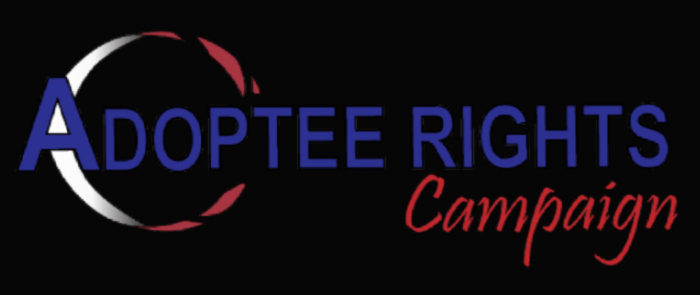
Analyzing Citizenship Gaps in the U.S. Intercountry Adoption System
The U.S. government does not track the citizenship status of internationally adopted children. In 2016, ARC began tracking cases of citizenship failure from digital articles and direct contact from adoptees. Our National Report is first to estimate the population of U.S. adoptees who may lack citizenship. We began with South Korean data on the number of U.S. adoptions that failed to report citizenship acquisition to the Korean government. South Korea was the largest sending-nation of children to the U.S. for adoption from the early 1950s through the mid-1990s. Learn more here.
Overview of Findings
As many as 45,000 adult adoptees may currently lack citizenship. The total number may increase to 32,000 to 64,000 between 2015 and 2033.
- 1945 to 1998: 25,000-45,000 (Adults)
- 1999 to 2016: 7,321-14,643 (Children)
Explanation
Between 1999-2016, the US Department of State issued a total of 267,098 adoption- purposed visas (IR3, IH3, IR4, IH4) to foreign children. A combined total of 73, 214 represent IR4 and IH4 visas which do not qualify for automatic citizenship. Inconsistencies found for 2000-2016 reporting:
- IR4 & IH4 (2008 incomplete reporting)
- Totals for Serbia, Montenegro, Yugoslavia, and the Palestinian Authority
- Unreported humanitarian parole visas which often lead to legal adoption.
Data Problems
Our model accounts for total U.S. adoptions. However, data between 1945 and 1998 significantly differs from data between 1999 and 2018. The difference can be attributed to the evolution of the Hague Convention on Adoption which standardized federal reporting on foriegn adoptions to and from the United States. The U.S. government signed the Convention in 1994 and it went into full effect in 2008.
Help Improve our Data
We invite the U.S. State Department to improve our estimates by identifying the number Visitor and Humanitarian Parole visas issued to American citizens for child entry purposes. We also encourage U.S. Congress to initiate a statistical review of visas used to bring foreing children into the U.S. that do not qualify for automatic citizenship (non-Hague signatories).
All Rights Reserved @ AdopteeRightsCampaign 2024